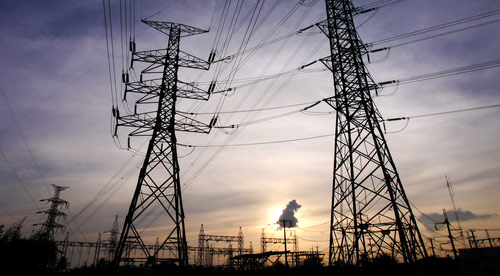Consumer demand for electricity is supposed to increase this summer as people resort to using their air conditioners to combat heat waves. The increase in the use of energy is going to put a strain on the power grid, and experts are warning that the lights are about to go out.
We have been warned to watch for rolling blackouts since the beginning of the year. Utility companies are already bracing for impact as they all seem to just know that energy usage will reach an all-time high in the coming months, leaving millions without power in the dead of the summer heat.
“Federal agencies responsible for power reliability, like the Federal Energy Regulatory Commission (FERC), have warned that grids in the western half of the country could face reliability issues this summer as consumers crank up air conditioners to escape the heat,” claims a report from Refinitiv data.
Another problem is the supply chain. Companies are having trouble getting in parts and the things needed to keep running. As energy equipment breaks down over the summer, power companies say they may not have the spare parts or other resources necessary to fix it fast enough to keep the power on. The Electric Reliability Council of Texas (ERCOT), which mismanaged the infamous Texas blackouts of early 2021, says it is already asking customers to cut back on their energy use and turn up their air conditioning units after six power plants shut down back in May during an alleged heatwave.
According to a report by Natural News, Ralph Izzo, the head of the New Jersey-based Public Service Enterprise Group (PSEG), energy utilities are having to be frugal with their replacement parts inventories in order to avoid running out in the event of a weather emergency or even just a few consecutive days of high heat.
“You don’t want to deplete your inventory because you don’t know when that storm is coming, but you know it’s coming … If we have successive days of 100-degree-heat, those pole-top transformers, they start popping like Rice Krispies, and we would not have the supply stack to replace them,” he is quoted as saying.
Nick Akins, head of the Ohio-based grid operator AEP, added that many utility operators are changing their maintenance habits as well. “We’re doing a lot more splicing, putting cables together, instead of laying new cable because we’re trying to maintain our new cable for inventory when we need it,” Akins says.
The entire system looks poised to collapse and it could happen at any time. All we can do is prepare for it, and not make the same mistake to give others power over us ever again.









0 Comments